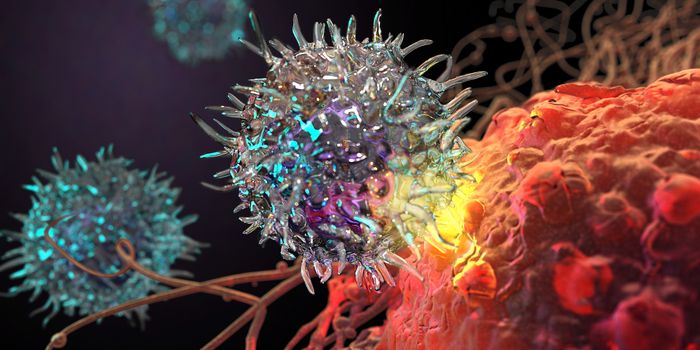A low-cost drug for the treatment of hepatitis.
The viral disease, Hepatitis C, is known as a silent killer. Hepatitis C is easily spread through contact with the blood of an infected individual and, once in the blood, infects the liver. While some individuals are affected with hepatitis C for a short period of time, others remain infected, having a chronic form of the disease, which can lead to life-threating health conditions such as cirrhosis of the liver or liver cancer. While hepatitis C can be easily treated with drug regimens, the cost of the drug has been prohibitive for many individuals, especially in middle-income countries. In June, researchers from Malaysia partnered with the group Drugs for Neglected Diseases initiative (DNDi) received approval to market their low-cost drug that will aid in the treatment of hepatitis C.
In a clinical trial by the group published in June, the researchers found that the drug was effective in reducing clinical symptoms in patients with hepatitis C. It was also found that the drug was well-tolerated and did not lead to severe or prolonged adverse side effects. On top of this, the drug is affordable. Jean-Michel Piedagnel, the director of the DNDi South-East Asia regional office, stated that the strategy behind the low-cost of the drug involved local production, raising awareness of the disease, and testing and treating many individuals. “The [previous] cost of treatment was around 300,000 ringgit,” which is approximately $70,900 USD, or “the price of a flat in Malaysia. That’s the price you pay if you needed to be treated,” said Piedagnel. However, this drug development and marketing strategy, “makes Malaysia a trailblazer because we have one of the cheapest DAAs [direct-acting antiviral drugs] among middle-income countries. And that is something to be proud of.”
This form of drug development and marketing is seen as a useful example of what can be done in other countries. In Egypt, who currently has the highest rates hepatitis C in the world, DNDi is working with researchers and the government to help create a similar system on local production and testing in order to eradicate the disease. Piedagnel states that the main goal of DNDi and the researchers work is for hepatitis C to be treated and completely eliminated in Malaysia by the year 2030.
Sources: CDC; Al Jazeera News; The Lancet; YouTube








